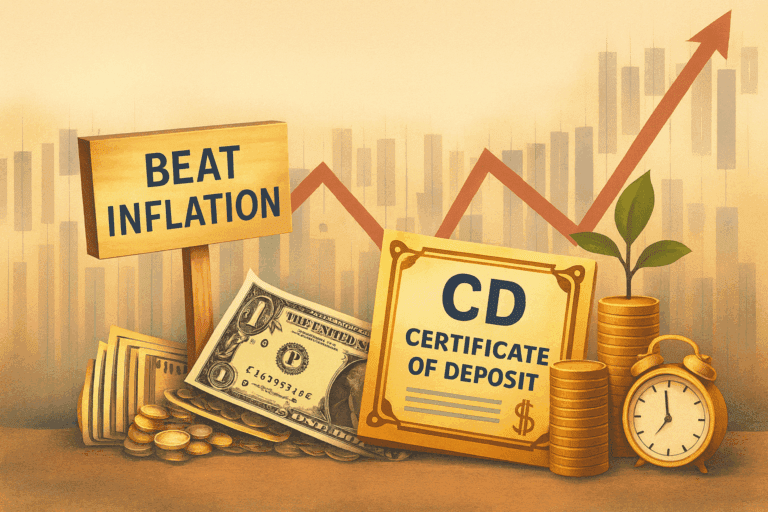If you’re struggling to get your spending under control and looking for help with your budget, you’ve come to the right place. There are a few things you can do when you’re getting started that can make the job of balancing a budget much easier than you might be making it on yourself.
Give Each Dollar a Job
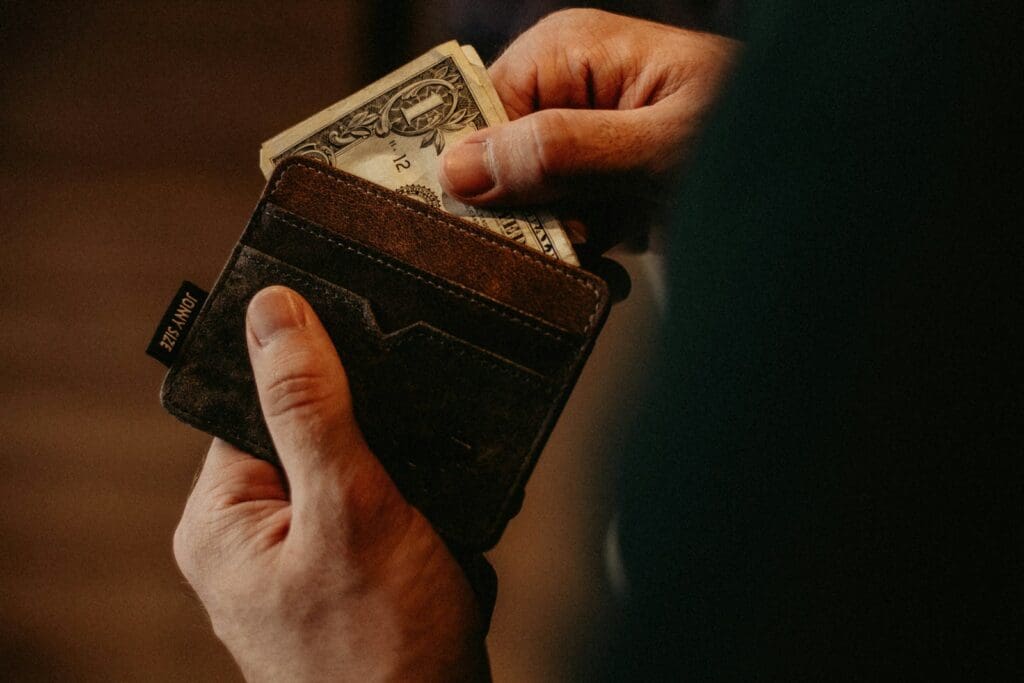
The first thing you need to do with any beginner budget is to give each dollar a job before you earn it. This is also called “budgeting to zero.” The idea is that you’ll have no dollars unaccounted for in your paycheck once your budget is established—thus, “zero.”
Prioritize the Big Stuff
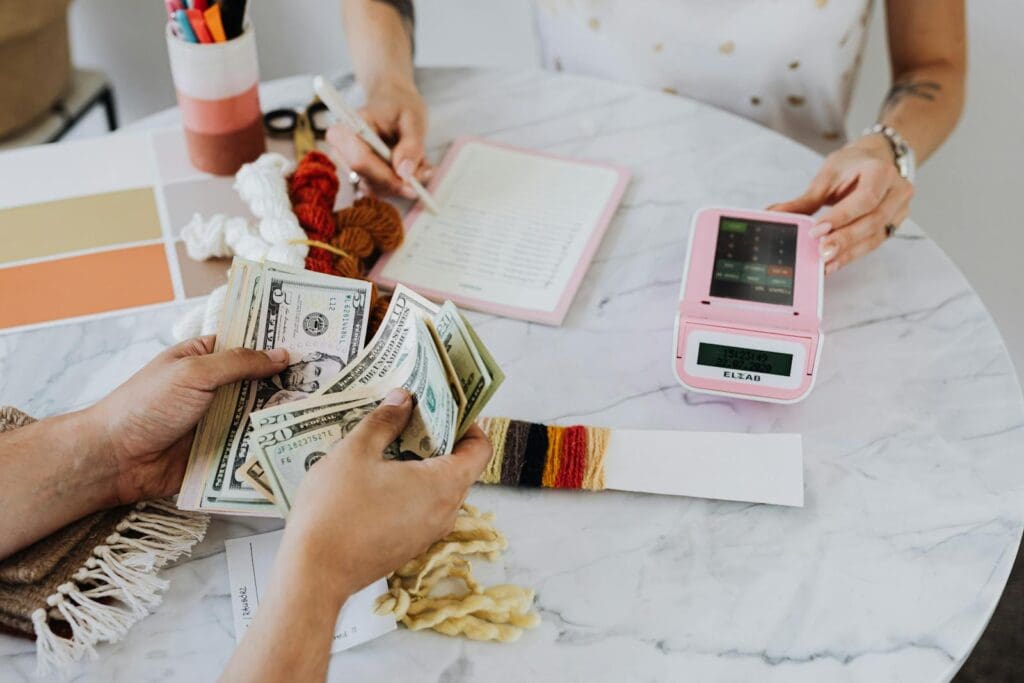
Don’t neglect your biggest expenses. You need to buy food, you’ll need a way to get around, you need a place to stay, and you’ve got to pay for your utilities. Those should be the foundation of your budget, as you can’t avoid paying these bills. Start with these and go from there.
Be Flexible
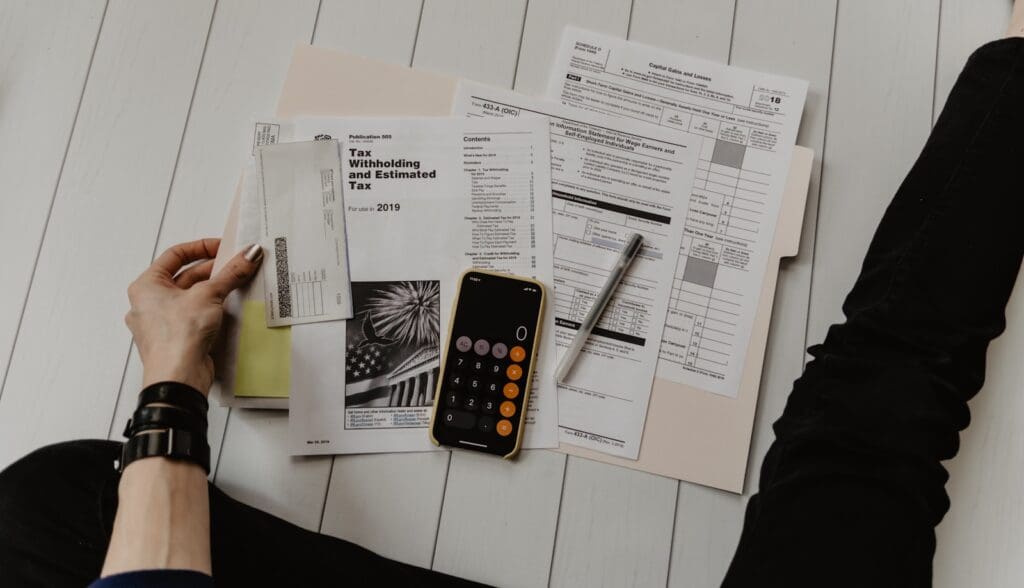
Just because you’ve got a great budget in place, that doesn’t mean you need to stick to it religiously. Every pay period is different! You might have some paychecks that get swallowed up by bills. Others might get bolstered by a sudden windfall. Just make sure you stick to your budget to the best of your ability and try to be consistent even as the world shifts around you.
Budget Buddy
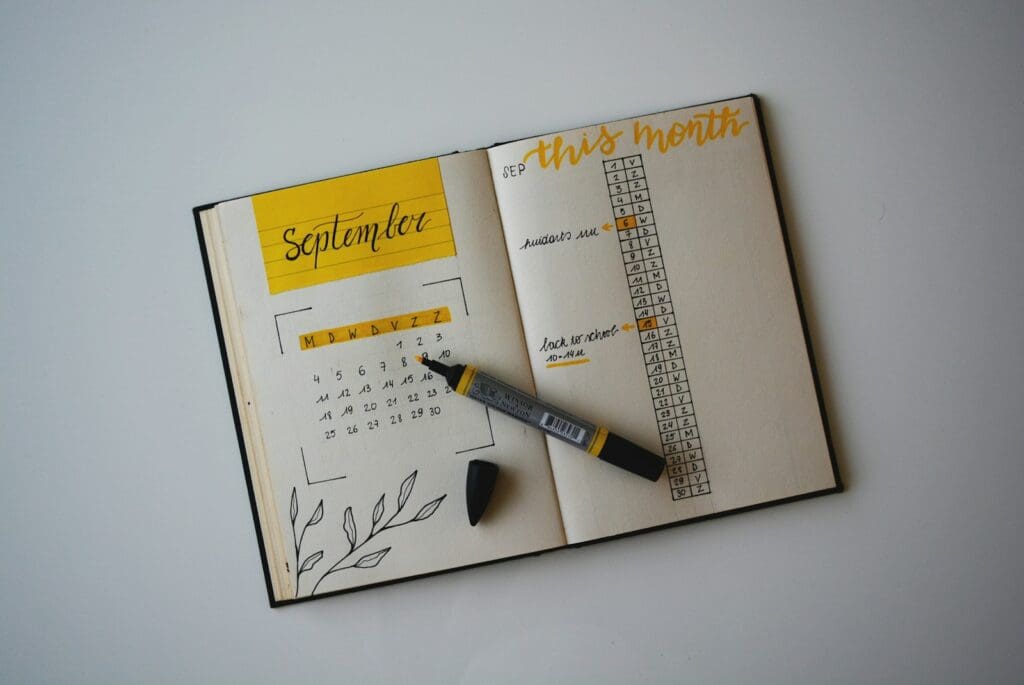
Accountability is a powerful tool. If you’re single, get an accountability buddy to help you stay honestly with your finances. If you’ve got a significant other, then ask them to help you with the budget so they can keep you honest. After all, it’s much harder to let someone else down than to let yourself down.
Focus on the Debt

Don’t neglect your debts. In fact, you should focus on your highest-interest debts first. The more you can dedicate to paying these debts off, the better. Paying them down will help you get a better grasp on your financial future and will save you a lot of money in the long run.
Cut the “Wants” Out First

Okay, so the worst has happened: your income has gone down or your bills have gone up. This stinks, but there’s only one thing you can responsibly do about it. You have to cut your “wants” spending down. If you cut into your “savings” spending, you’re likely to miss your financial goals. If you’re currently attacking debt, make double sure you don’t let up on your quest to get debt free.
Make Goals
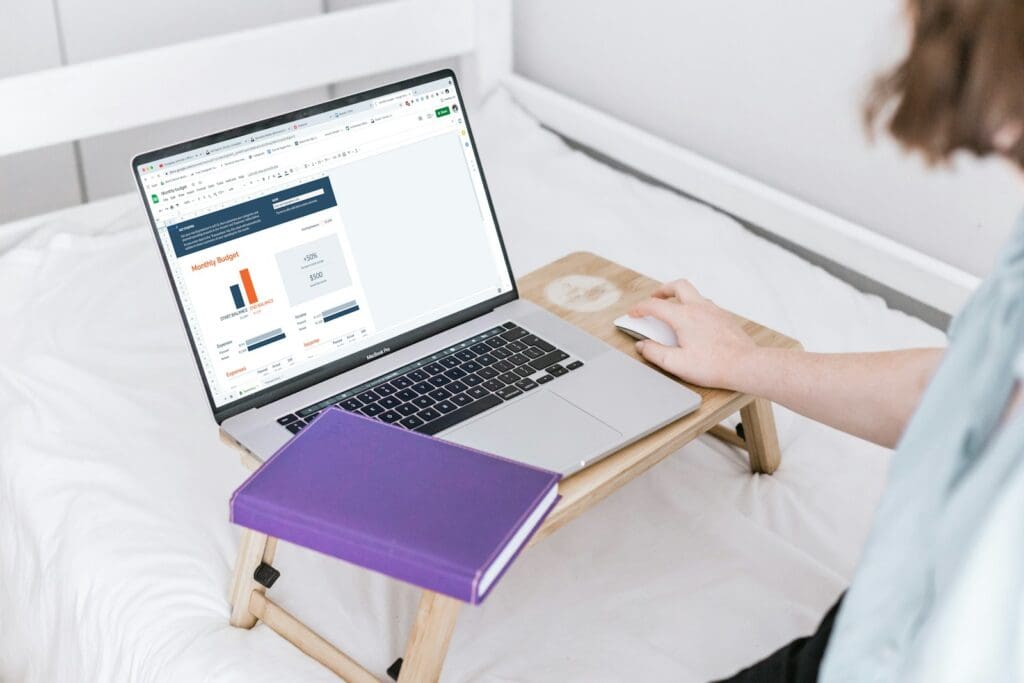
Maybe you don’t have any gnarly debt chewing away at your finances. Or maybe you’ve already paid it down! If so, you should still set financial goals. When do you want to retire? Do you have an emergency savings fund? Maybe you’re looking to save up for a nice vacation. Make these goals and visualize them so you know why you’re making cuts to your budget.
Track Goals

Once you know why you’re saving, make sure you keep up with how much you’re saving. When you hit your goals, celebrate! Break out a bit of your spending money and treat yourself. You’re more likely to succeed if you’re rewarding yourself for doing things the right way.
Automatic Bill Pay is Your Friend
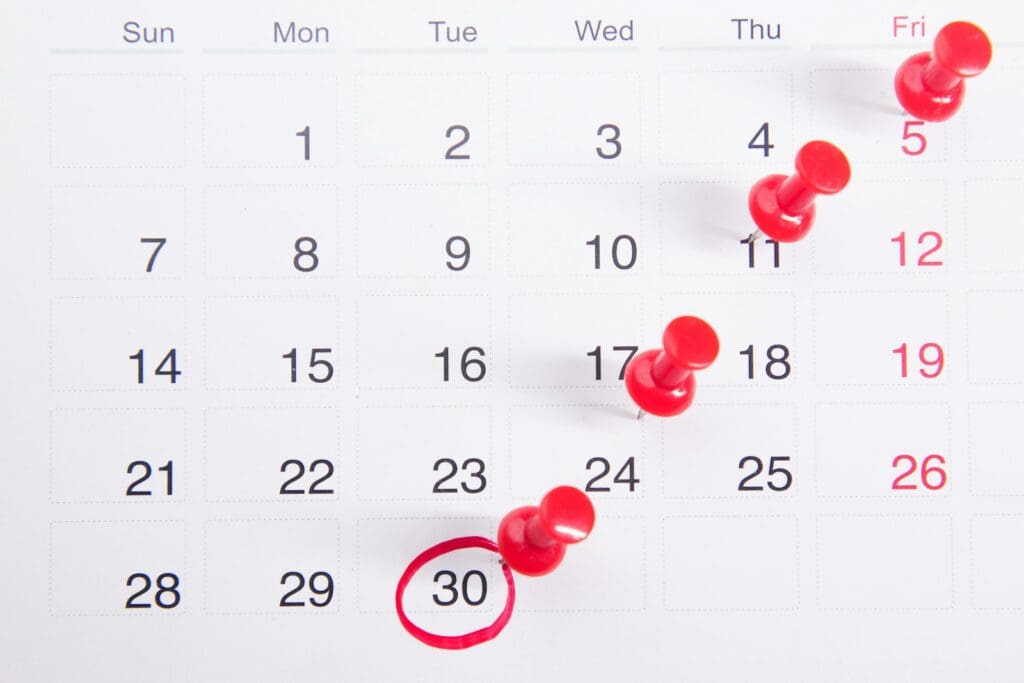
Look, I’ll level with you. I’m a forgetful person! I forget to pay my bills all the time. Thankfully, I’ve never been late paying one, either. How is that possible? I just set up automatic bill payments and make sure my checking account has a floor of money that can cover my monthly expenses. This is a great way to avoid late fees!
Evaluate Your Credit Card Usage
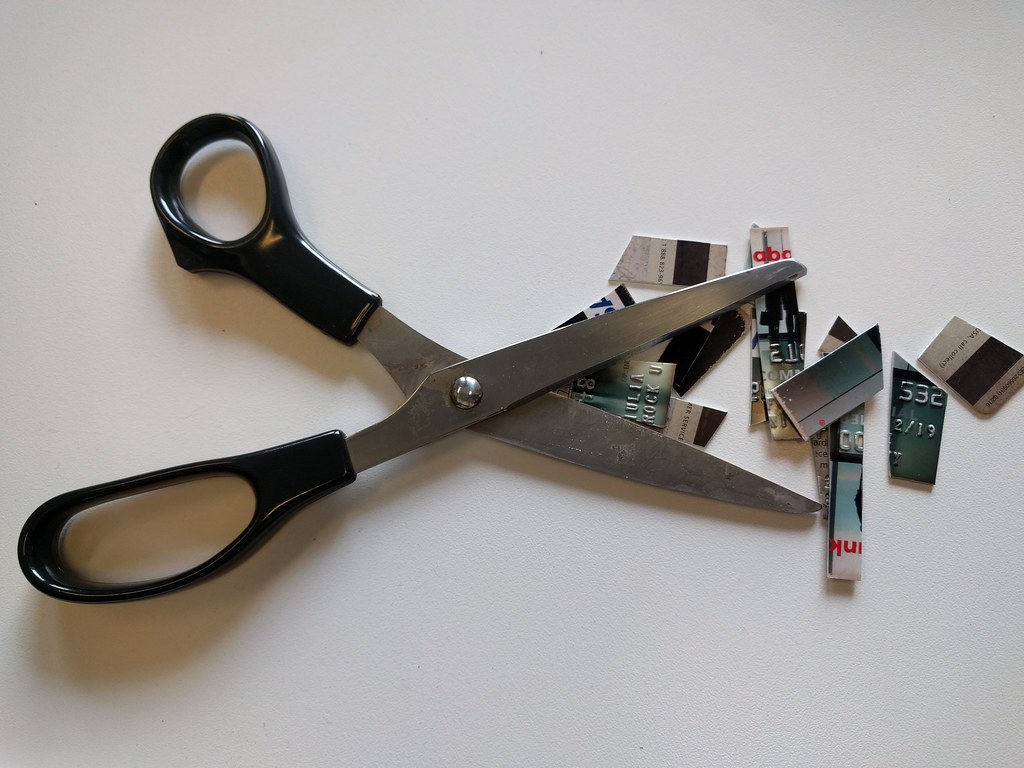
Are your credit cards working for you, or are you working for them? Credit cards can be extremely helpful tools in your repertoire, or they can be a huge burden dragging you down. If you’re overspending with your credit card and it’s not serving you, pay it off and put it away somewhere you can’t easily reach it. If you think you can get your spending under control, though, a credit card is a great way to cover emergency expenses.
Emergency Fund

Even if you’re budgeting to zero, you need to remember that you can’t see the future. You might get a flat tire. Your fridge could stop working overnight. When these kinds of unexpected expenses pop up, you need to be able to handle them. Make sure part of your budget is filling up an emergency fund with three months’ worth of your income.
Employ the Cash Diet
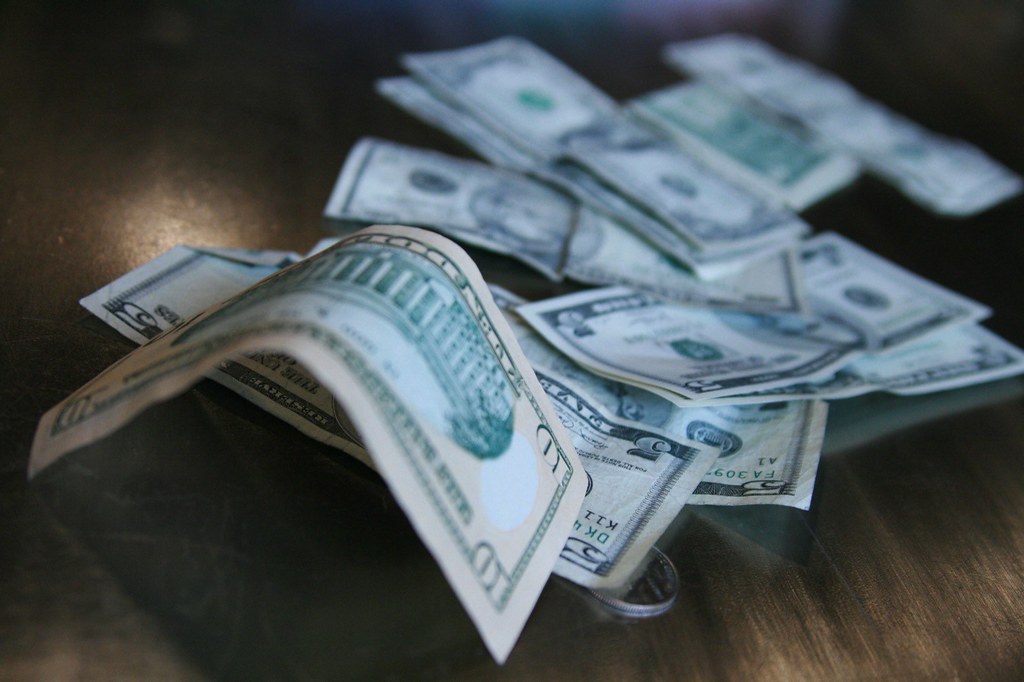
Are there aspects of your spending that you struggle with? Get on the cash diet and just spend money on that category with the cash you set aside and earmarked for it. This technique lets you keep a close eye on the actual, physical money you’re spending. It’s impossible to overspend if you’ve already blown through all of your cash.
Don’t Look Next Door

You’re not your neighbor. You’re not Elon Musk. You’re yourself, and you have your own finances, your own goals, and your own pace. It’s okay if someone else is doing it faster. It’s not a race, it’s your life. Stay content, stay humble, and keep to your goals. You got this!
Read More: 10 Steps to Create a Successful Debt Repayment Plan
Use the Tools Available to You
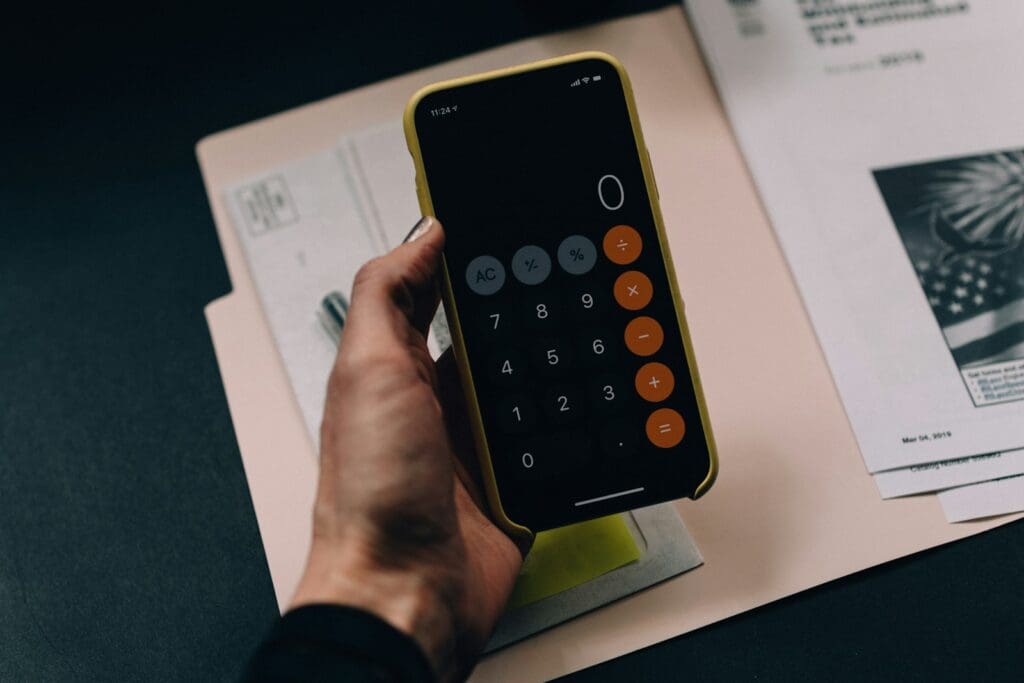
It’s okay to use an online tool to help you budget. It’s also okay to use a pen and paper. There’s no wrong way to keep track of your budget! If you feel better using envelops and filling them with cash, so be it. Just make sure your system is something you can consistently keep up with.
Read More: How to Save Money with the Cash Diet
Forgive Yourself

Nobody is perfect. You’re going to make mistakes. You might blow the budget one month and get yourself way behind. You know what? Who cares. You learn from the experience, you move forward, and you know what you need to avoid next time. Seriously, stay positive. Don’t throw your hands up and quit just because you’re making mistakes here and there. Just try your best, stick with it, and you’ll see results eventually.
Read More: 10 Creative Ways to Start an Emergency Fund





